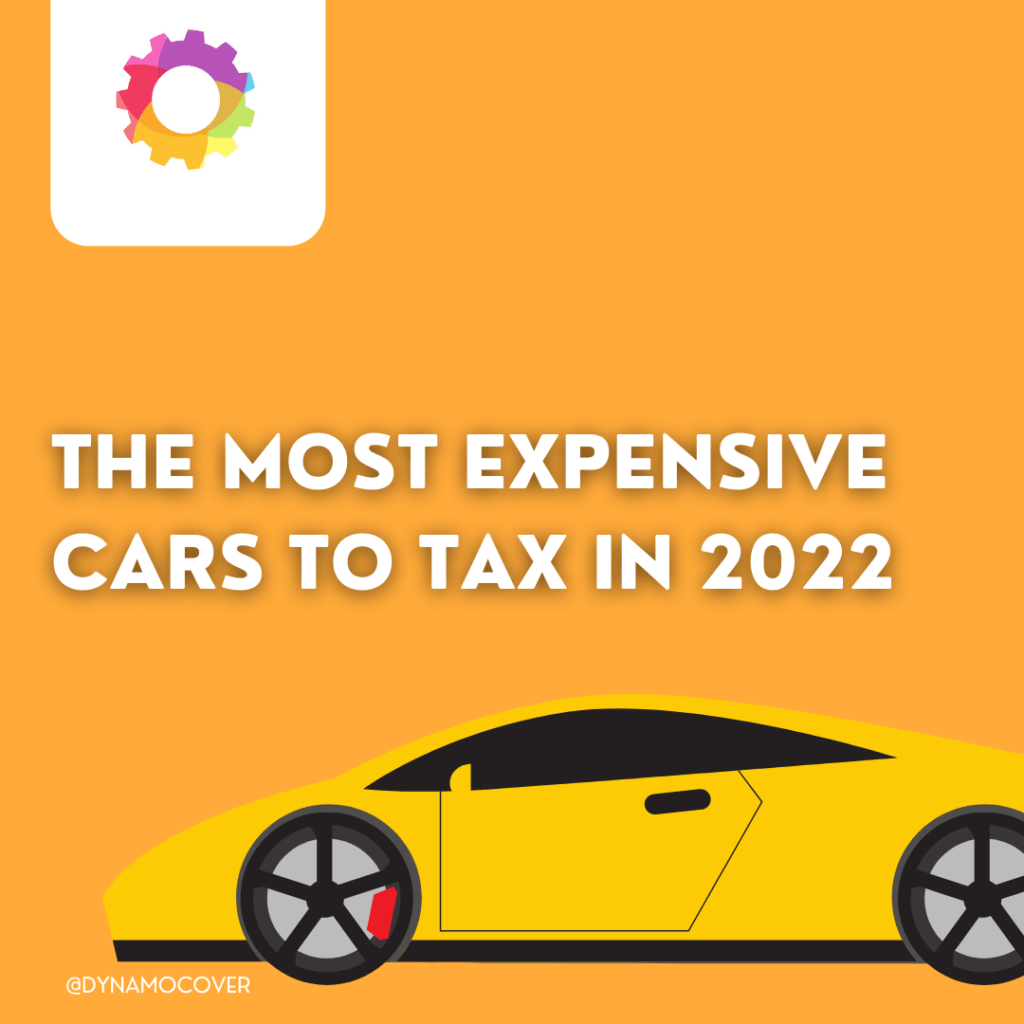Ever wondered what vehicle tax is and why we need to pay it? We’re answering some of the biggest questions relating to this topic, including the top 10 of the most expensive cars to tax and which cars are exempt.
What Is Vehicle Tax?
Vehicle tax, or vehicle excise duty (also known as car tax, road tax or VED) is the annual tax levied as excise duty on cars. It must be paid on the majority of cars which use (or park) on public roads in the UK.
Why Do We Need To Pay For It?
VED helps to cover the cost of essential repairs to the roads and emergency services. It’s the registered keeper’s responsibility to make sure that tax is paid. Sometimes, dealerships will include the first-year tax in the purchase price of the vehicle and this may be worth checking with your dealer before collecting your new car.
It’s important to note that VED can be paid yearly or it can be paid as a one-off payment or even split into monthly payments.
Are There Cars That Are Exempt?
In the UK, certain vehicles are exempt from VED, which means that they are free to tax. Some examples include:
- Disabled-class vehicles – disability exemption can be claimed when you apply for vehicle tax.
- Mobility Scooters and powered wheelchairs – they must have a maximum speed of 8mph on the road, and be fitted with a device limiting them to 4 mph on footways to be exempt.
- Historical Vehicles – Vehicles made before 1 January 1981 are exempt.
- Electric Cars – the electricity must come from an external source or an electric storage battery not connected to any source of power when the vehicle is moving.
- If a car emits zero grams of CO2 per kilometre, it’s eligible for free road tax. This rules out petrol- and diesel-powered cars, leaving you with your pick of electric and hydrogen-powered cars.
What Are The Best Road Tax-Exempt Cars?
Will the Government allow the exemption for much longer as we become more electrified in the future? For now, electric cars are an attractive option for both private and business users due to their cheap running costs. Some of the most popular electric cars in 2021 are:
- Tesla Model 3
- VW ID3
- Porsche Taycan
- Skoda Enyaq
- Kia e-Niro.
- Peugeot e-208.
- Vauxhall Corsa-e
- Ford Mustang Mach-e
- Mercedes EQC
- Hyundai Kona Electric
What Are The Most Expensive Cars To Tax?
Supercars have become subjected to a Premium fee of £490 and tax calculation based on emissions. Most of these vehicles will cost a whopping £2,245 in the first year, dropping to around £600 thereafter.
- The Lamborghini Aventador
- Bentley Continental GT Supersports
- Maserati GranTurismo
- Ferrari GTC Lusso
- Bentley Mulsanne
- Aston Martin Vantage
- Rolls Royce Dawn
What Are The Least Expensive Cars To Tax?
Choosing a more budget friendly option allows you to pay less on the first year and £155 in subsequent years. Alternatively fuelled cars attract a £10 discount, bringing it down to £145 per year. Below are some of our top suggestions for the least expensive cars to tax:
- MINI Countryman Plugin
- Hybrid Nissan Qashqai
- Peugeot 108
- VW Golf
- Lexus CT200H
- Citroen C4
- Vauxhall Astra
- Ford Fiesta
- Ford Focus
- Alfa Romeo Giulietta
- Kia Picanto
- Renault Twingo
- Renault Clio
- Hyundai i30
Conclusion
Hopefully the above guide has walked you through all the tax options for new and used cars in the UK. If you have any questions, feel free to get in touch and we will try to provide our assistance where possible.
Did you know that Dynamo Cover offer competitive GAP insurance, breakdown cover and motor warranty for cars up to £75,000? We are proud to be Number one on comparison sites for value and price.

